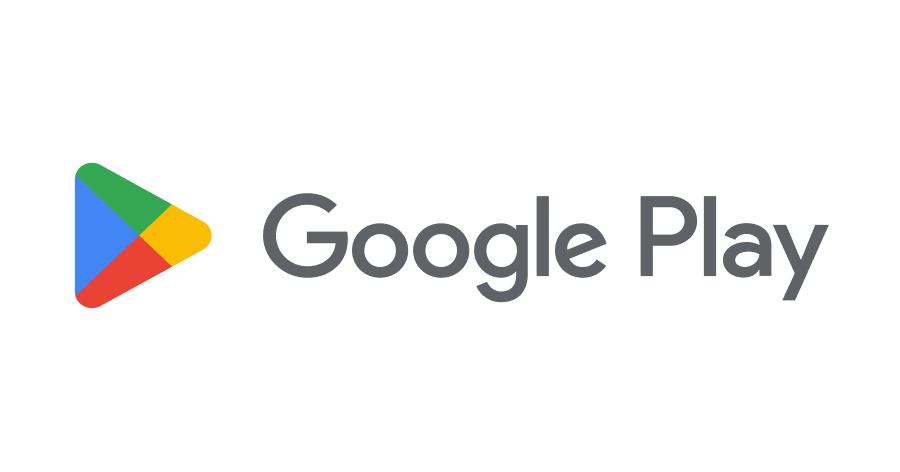Google has reached an agreement in principle with 36 US states to settle the lawsuit without admitting any wrongdoing. The settlement terms are subject to court approval and more details will be shared publicly in about a month. However, some of the key points of the settlement are as follows :
- Google will allow app developers to use alternative payment methods other than Google Play Billing for in-app purchases. This means that app developers can offer lower prices or discounts to consumers who use other payment methods, such as credit cards, PayPal, or cryptocurrencies.
- Google will reduce its commission fee from 30% to 15% for all app developers who use Google Play Billing. This is in line with Google’s previous announcement in March 2021 that it would lower its commission fee to 15% for the first $1 million of revenue per year for app developers.
- Google will create a $100 million fund to support app developers, especially small and independent ones, who create apps for Android devices. The fund will be used to provide grants, training, and marketing support to app developers.
- Google will implement several measures to enhance transparency and fairness in the Play Store. These include creating a website that explains how Google ranks and features apps in the Play Store, providing more information about its app review process and policies, and establishing a formal appeals process for app developers who disagree with Google’s decisions.

What are the implications of the settlement for digital marketplaces?
The settlement could have significant implications for digital marketplaces across various industries such as e-commerce, travel, entertainment, education, health care, etc. Digital marketplaces are online platforms that connect buyers and sellers of products or services, such as Amazon, Airbnb, Uber, Netflix, Coursera, etc. These platforms often have a dominant position in their respective markets and face similar challenges and opportunities as Google’s Play Store. Some of the possible implications of the settlement are:
- It could affect how consumers access products or services online. Consumers could benefit from lower prices, more choices, and better quality of products or services offered by digital marketplaces. For example, consumers could save money by using alternative payment methods for in-app purchases or by choosing apps that offer discounts or rewards. Consumers could also enjoy more variety and innovation by discovering new or niche apps that cater to their specific needs or preferences.
- It could affect how sellers compete or collaborate with each other or with platforms. Sellers could face more competition from other sellers who offer similar or better products or services at lower prices or with better features. For example, app developers could compete with each other by creating more attractive or unique apps that appeal to consumers. Sellers could also collaborate with each other or with platforms by forming partnerships, alliances, or networks that enhance their value proposition or market reach. For example, app developers could collaborate with other app developers or with platforms like Google or Facebook to integrate their apps or services or to cross-promote their offerings.
- It could affect how regulators oversee online platforms and their market power. Regulators could have more leverage and authority to monitor and enforce online platforms’ compliance with antitrust laws and consumer protection laws. For example, regulators could require online platforms to disclose more information about their business practices, policies, and algorithms, or to allow more audits or inspections by independent parties. Regulators could also impose more fines or sanctions on online platforms that violate the law or harm consumers or competitors.
Conclusion
Google’s Play Store settlement is a game changer for the digital marketplace industry and consumers. It could reshape the dynamics and landscape of online platforms that connect buyers and sellers of products or services. It could also set a precedent and a model for other digital marketplaces that face similar issues or challenges as Google’s Play Store. As a tech enthusiast, app user, and digital marketplace consumer, you should keep an eye on the developments and outcomes of this settlement and how it affects your online experience and choices.





